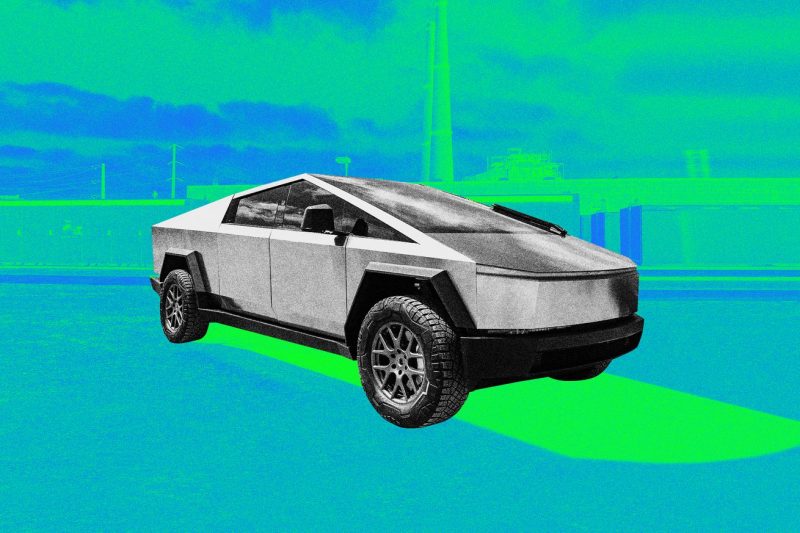The recent recall of the Tesla Cybertruck due to faulty wipers and trim components has once again brought the spotlight on the challenges faced by innovative electric vehicle manufacturers. Despite Tesla’s cutting-edge technology and design, recurring recalls have become a thorn in the side of the company, raising concerns among consumers and investors alike.
The issue of faulty wipers is not new to the automotive industry, but in the case of an electric vehicle like the Cybertruck, it takes on added significance. Electric vehicles rely heavily on their advanced technology to deliver performance, efficiency, and safety. When critical components such as wipers fail, it not only inconveniences the driver but also compromises the overall driving experience and, more importantly, safety.
The recall not only highlights the challenges faced by Tesla but also underscores the complex nature of manufacturing and maintaining electric vehicles. With the rapid advancement of technology in this space, automakers are constantly pushing boundaries to deliver innovative features and capabilities in their vehicles. However, this relentless pursuit of innovation also comes with its own set of risks and challenges.
One of the key factors contributing to the prevalence of recalls in the electric vehicle industry is the intricate network of components and systems that power these vehicles. Unlike traditional gasoline-powered vehicles, electric vehicles are intricately connected through a sophisticated array of sensors, processors, and software, all of which must work in perfect harmony to ensure safe and efficient operation.
As automakers continue to innovate and introduce new features in their electric vehicles, the complexity of these systems only grows, increasing the likelihood of faults and failures. In the case of the Cybertruck, the issues with the wipers and trim components are a stark reminder of the delicate balance that must be maintained in the design and manufacturing of electric vehicles.
Despite the challenges posed by recalls, it is important to remember that they are a natural part of the development process. As automakers push boundaries and explore new technologies, it is inevitable that issues will arise that require attention and resolution. The key lies in how quickly and effectively these issues are addressed, and how transparently automakers communicate with consumers about the steps being taken to rectify the problem.
In the case of the Tesla Cybertruck recall, the company has once again demonstrated its commitment to safety and quality by proactively addressing the faulty components. By acknowledging the issue and taking swift action to rectify it, Tesla is not only protecting its brand reputation but also reaffirming its commitment to delivering high-quality, innovative vehicles to consumers.
Ultimately, while recalls may pose challenges for automakers in the short term, they also provide valuable lessons and insights that can drive continuous improvement and innovation in the industry. By learning from past mistakes and leveraging feedback from consumers, automakers can not only overcome challenges but also emerge stronger and more resilient, paving the way for a more sustainable and innovative future in the electric vehicle industry.
